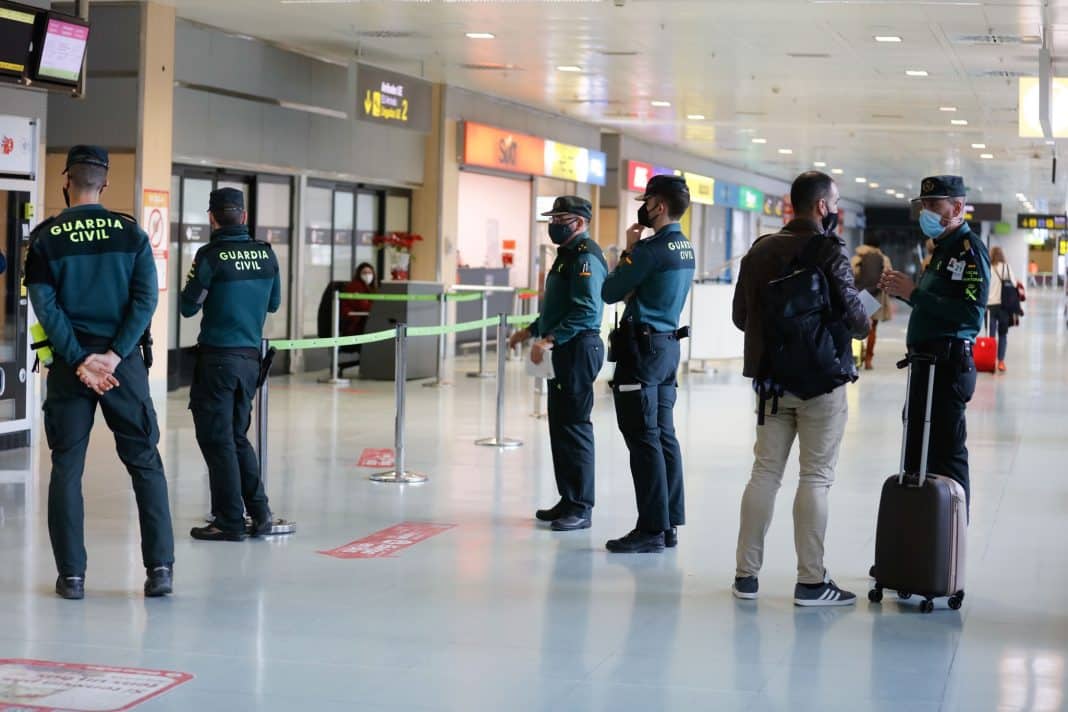The European Union authorities appear unperturbed by the pandemic’s advance and the spread of the omicron variant, seemingly unwilling to follow in the footsteps of the United Kingdom’s restrictive approach to foreign travel, or Portugal, the first EU country to reintroduce compulsory testing despite the vaccination certificate. It remains to be seen which path the Social Democrat Olaf Scholz, who was elected as the new chancellor of the German federal government yesterday, will take. But his future transport minister, Volker Wissing, has already given hints in an interview with the tabloid Bild, recommending that people should avoid travelling during the Christmas holidays.
Germany is facing the biggest wave of infections in the country since the onset of the pandemic. With vaccination rates among its population still low at 68%, the authorities’ measures are aimed at cracking down on the unvaccinated by increasing the number of situations in which the covid passport must be presented. In the meantime, Volker Wissing has already issued his recommendation to Germans who are thinking of travelling at the end of December: “It seems wiser to spend Christmas in a small group at home and not to plan big trips to the other side of the country”.
Faced with the long winter, many Germans take advantage of the Christmas festivities to escape the cold. Although the Canary Islands are more popular than Mallorca at this time of year because of the temperature, the latter has become more and more attractive as a winter destination, with Palma leading the way. So it is still unclear what decision the Germans will finally make this Christmas.
EU policy is focusing on tightening health restrictions to save the Christmas period and contain the spread of the disease, but backtracking on border measures has not been ruled out. Fearing new Covid variants, yesterday’s edition of the Bild went to great lengths to provide its readers with guidelines in case they want to follow the new minister’s advice and cancel their Christmas holidays.

